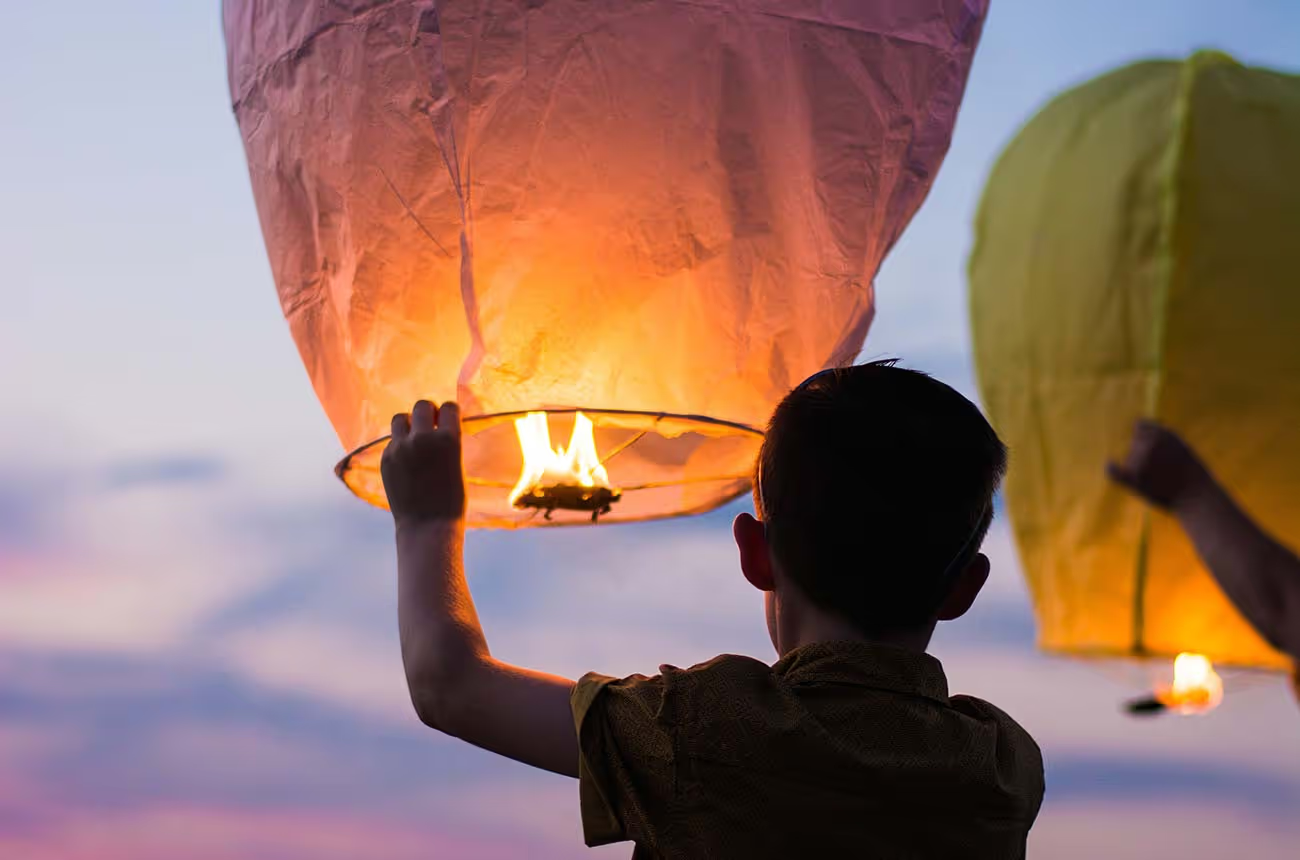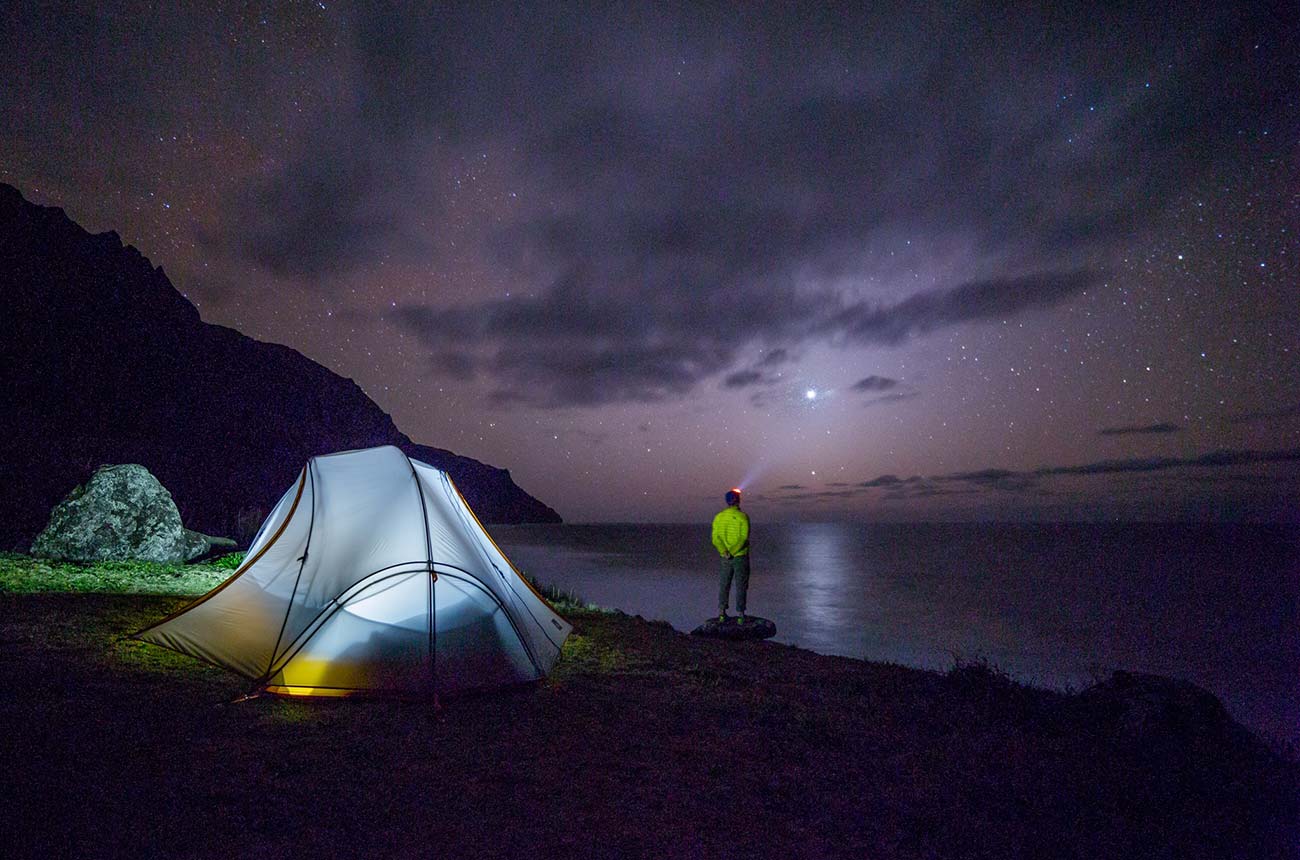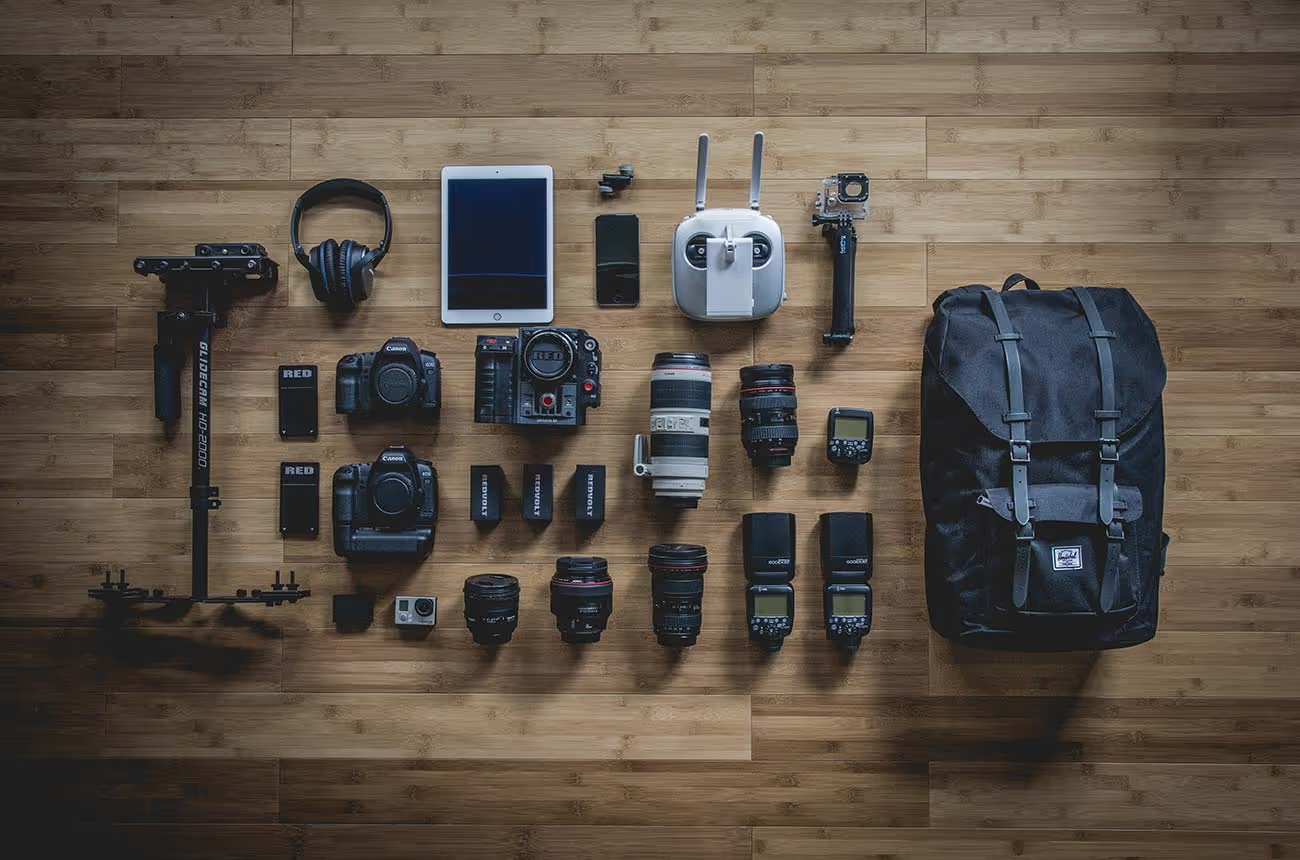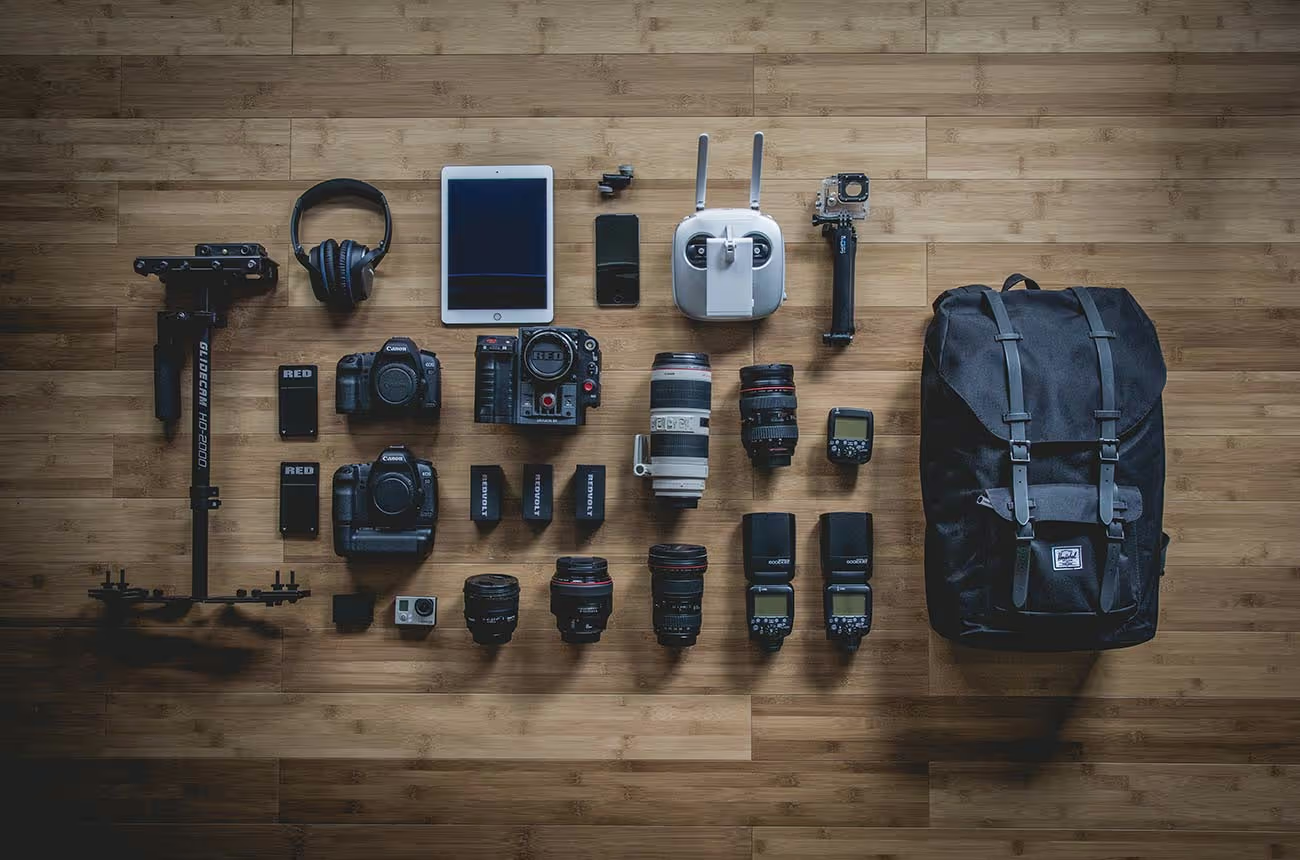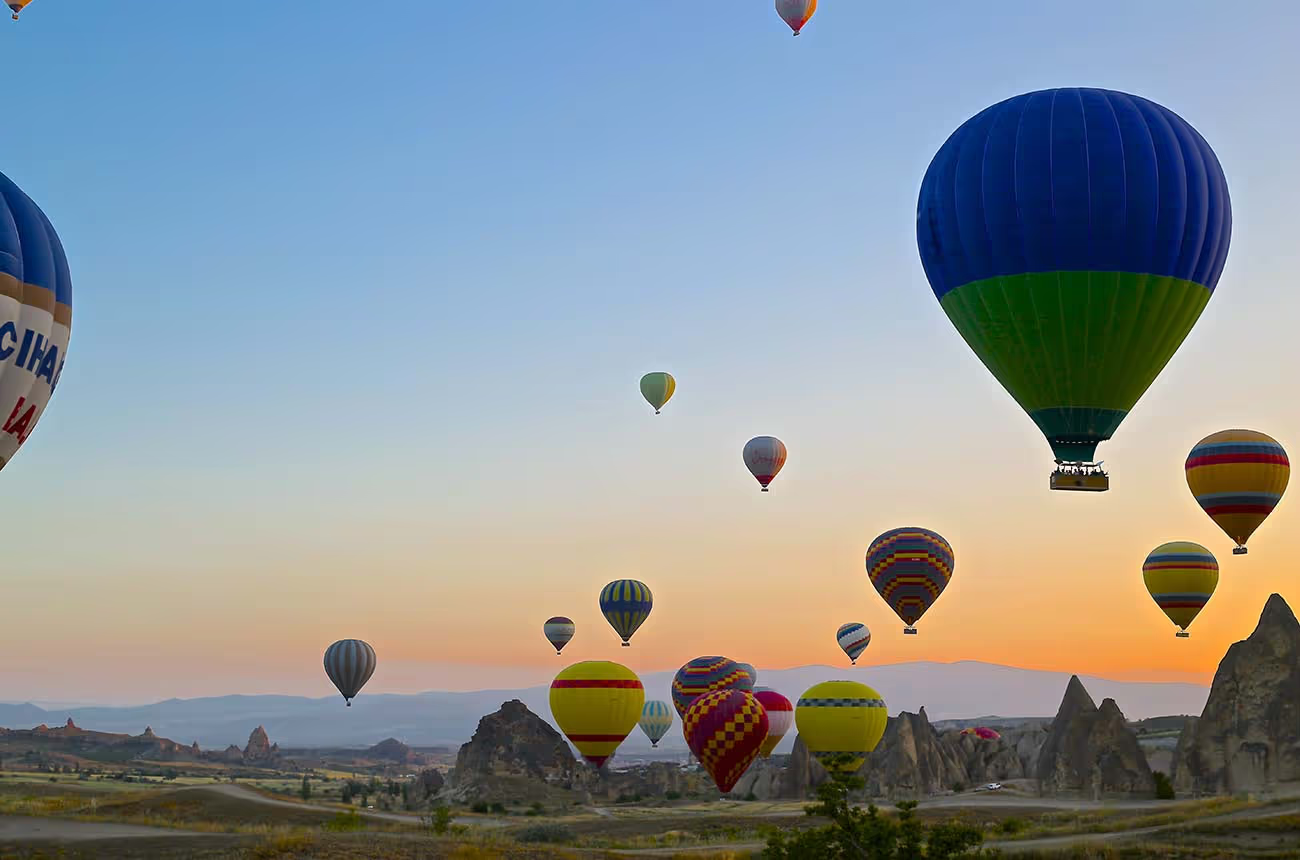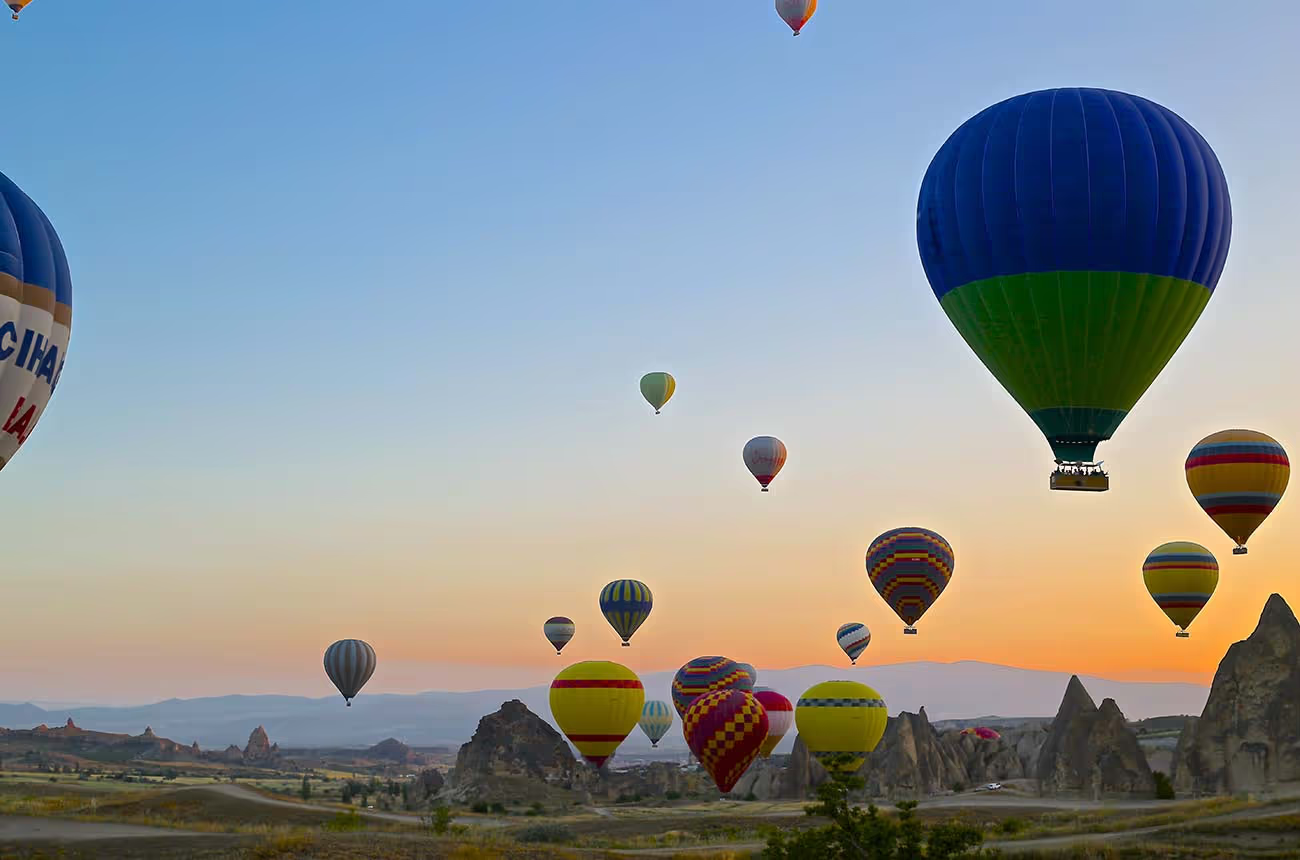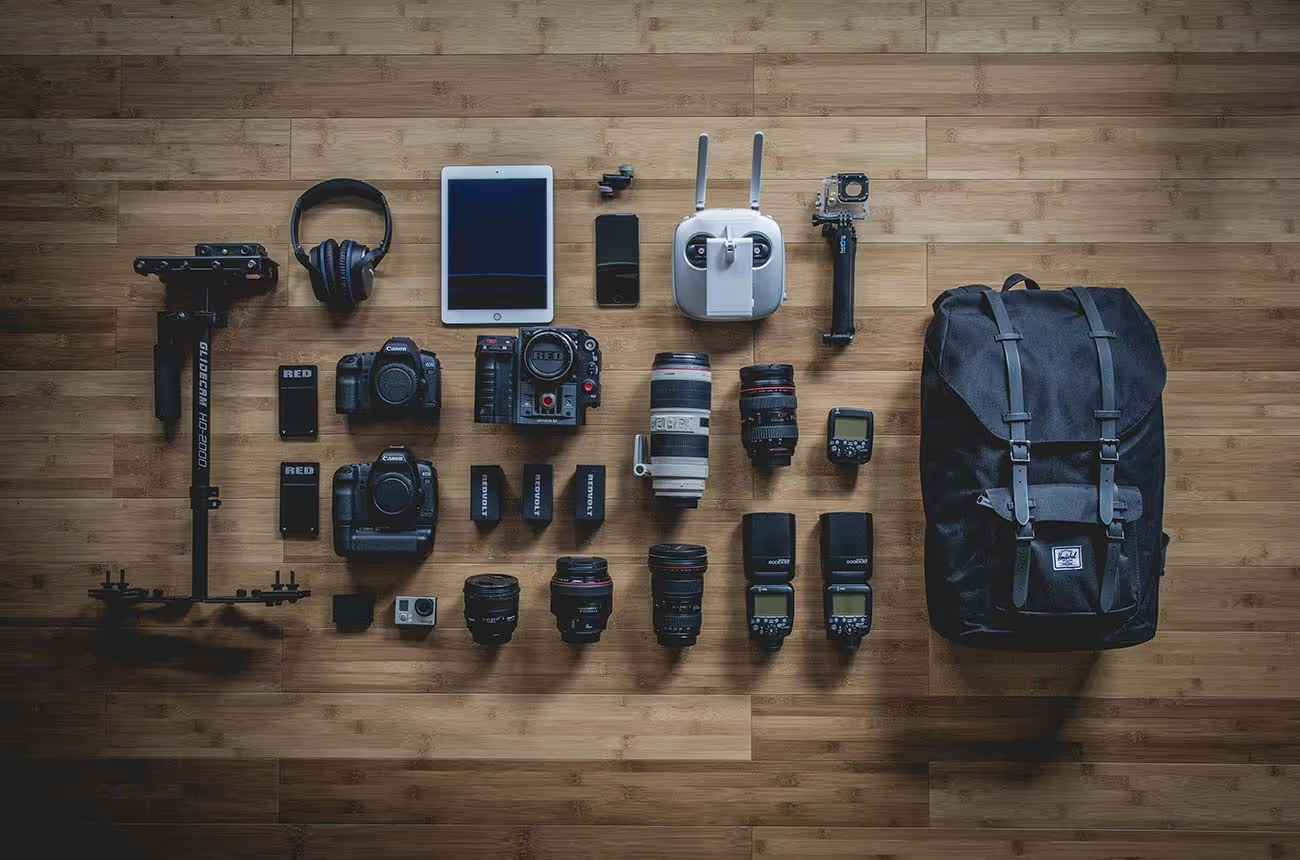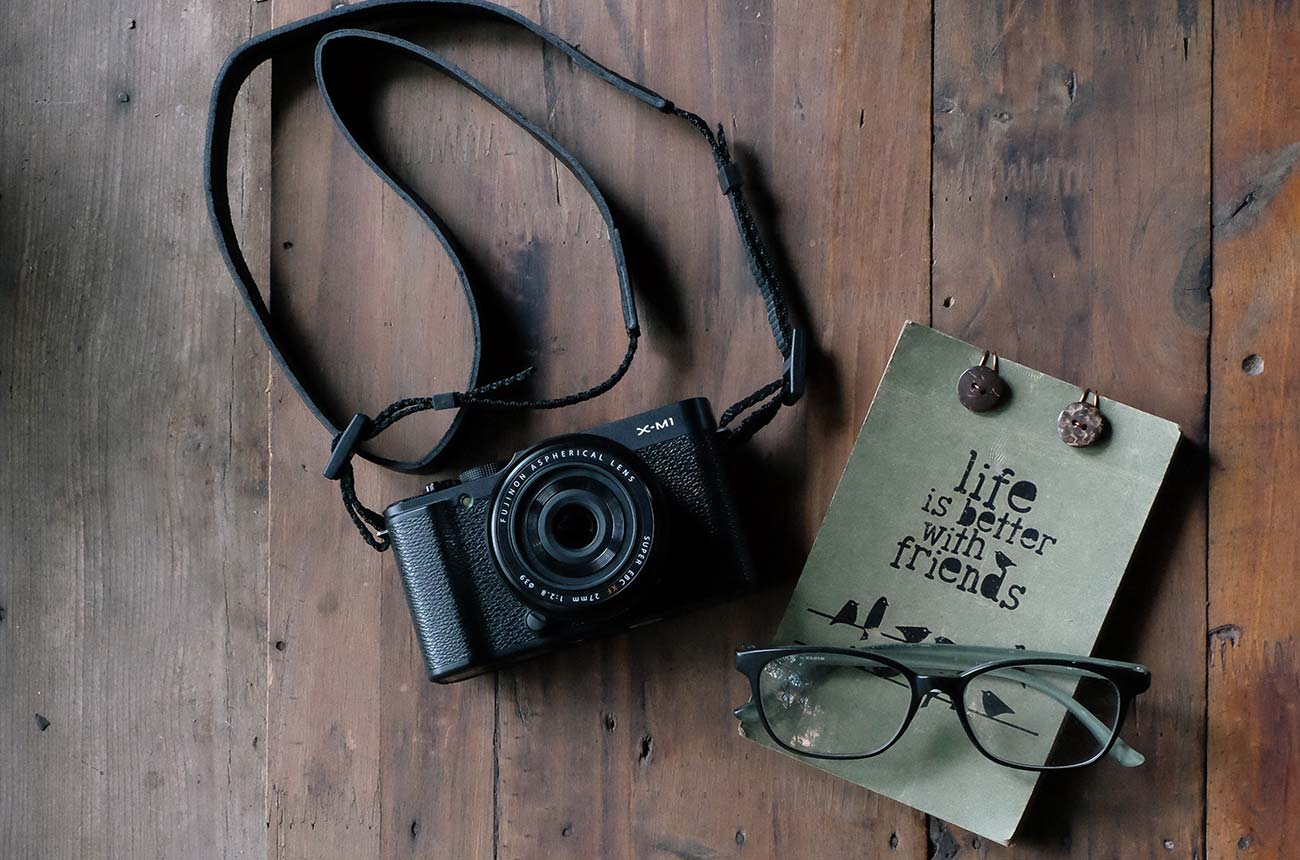
The UK Scene
Dot Kyle is a long-time Guild member who made the move to the UK a few years back. She writes to us with news of a film industry experiencing a boom.
So why did I make the move to the UK? As many of you will remember in 2013, the NZ film industry suffered a major downturn. With little work on the horizon I made the life-changing decision to move to the UK, so in January 2014 I arrived in London.
Arriving in London I was mentally prepared to effectively start my career all over again as I had no credits in the UK. What I did have however were some international feature film credits and connections from the TVC world which proved to be more valuable than I realised. Additionally my involvement with the NZ Film and Video Technicians’ Guild also held me in good stead in getting accepted into The Production Guild of Great Britain.
For the most, the approach to getting work was to knock on production house and producers’ doors, which I did my fair share of. Unlike the industry at home, which is mainly owner operator, in the UK most productions are serviced by camera and lighting houses who either operate on a delivery/collection service or hire in a facilities company to look after your tech vehicles, etc. With this in mind I decided to go and meet some of the biggest equipment suppliers in the UK like Arri, Panavision and Panalux. From this I got a real gauge of how massive the UK film industry was and an insight into what was going on in the industry.
A few weeks later my efforts paid off and I got my first job on a TVC. I was fortunate to have connected with an ex-production manager, Andy Eaton from Curious Films who now produces in the UK. Andy loaded me up with all the information I needed to know about working in the TVC sector in London. From this first job I was lucky enough to be asked to production manage my first feature film Set the Thames on Fire. At the time I wasn’t the only Kiwi looking for a foot in the door, and as production manager was able to help crew the camera department with some fellow Kiwis: focus puller Phil Smith, 2nd AC Kim Thomas and camera trainee Kupa Warner. It was great to share this unfamiliar ground with familiar faces. The film had a budget of £250k, which by UK standards is not high, so to keep costs down I did things the Kiwi way and hired a van taking responsibility to drive the towable gene (which was a rather interesting in central London), took on craft services and charged the camera batteries at the end of each night. Something the English crew thought was rather mad.
Set the Thames on Fire was the job that helped give me that much-needed UK profile to secure my next lucky break as production manager for a kids TV show called Millie Inbetween up in Glasgow. Once again I was treading unfamiliar ground as this was my first full studio shoot. We were shooting up to 14 pages a day which at the time I didn’t even think was possible. Working in Scotland was great and gave me another perspective of production. You never know where the next job is going to be and as the job came to an end I got a call asking me to production coordinate for a US mini-series called Tut in Morocco.
For me, Tut couldn’t have come at a better time as sadly my personal life was slowly unravelling. I had sacrificed a great deal to come to the UK and the plans and goals that I had for my family had all but ceased with the breakdown of my marriage, so my career and working was ultimately my saving grace.
Morocco is a beautiful country filled with a rich culture but it’s a developing country and despite having many large-budget films shoot there, there’s little infrastructure to support the industry. The job was challenging, crewing from all over the world, flying in equipment from the UK and Europe in conditions that were extreme with nothing but desert and temps over 40 degrees celsius during the day. The town had a small airport with restricted flights. Marrakesh was our main connection point. If we were unable to co-ordinate with flights it was a nail-biting drive to Marrakesh over the Atlas Mountains so it wasn’t always smooth sailing. Despite all these challenges I relished the experience and was privileged to work with Producer Guy Louthan who I rate as one of the best I’ve had the pleasure of working with thus far.
Again, being in production I was able to put forward fellow expat Richard Simkins who had arrived in London at the same time as me. Richie was stepping up in camera and he managed to secure the role as focus puller on 2nd Unit. It was great to see Richie do so well and I felt a little motherly pride hearing how good he was on set.
Tut was gruelling with 12-hour days for camera in every weather extreme possible. On some days we had to deal with upwards of 800 extras in seething temperatures.
The end result was something I am proud to have been a part of and Tut is the production I feel I really cut my teeth on.
After Tut it was back to London working on The Autopsy of Jane Doe then Night of The Lotus. I was then I received a random call from SFX supervisor Andy Williams to be his SFX coordinator on Assassins Creed. Although it took me a little off course, it was the only offer on the table at time and a decision I am glad I took.
We spent the first four months working in Malta and then back to London to the Pinewood Studios. The budget for my department alone exceeded that of some films I’ve worked on. It was refreshing to be putting my energy into just one department on a large studio-scale level. Andy and some of the team had worked on the infamous Vertical Limit so there was quite an exchange of stories but all ultimately relaying how amazing NZ is and what a great bunch of crew. Obviously it made me proud.
I wrapped on Assassins Creed at the start of 2016 and what has followed have been opportunities that I only dreamed of and each offering a massive learning experiences along the way.
Recently I finished production managing the UK portion of The Hitman’s Bodyguard directed by Australian Patrick Hughes. It was during this shoot I was approached by APA (Agency for the Performing Arts) who also represent another few Kiwis, Bob Buck and Neil Cervin. I’d never thought of having an agent before but it’s certainly been a great experience so far and the support and encouragement I get from them is pretty amazing.
Currently I’m production managing a TV series called Guerrilla which is centred around the civil rights movement in the UK. Guerrilla is written and directed by John Ridley (12 Years a Slave) and once again I find myself working with Kiwi crew, Phil Smith (1st AC), Julia Green (focus puller) and Graham Smout (2nd AC). The hours are tough but fulfilling and it’s a production I feel proud to be a part of.
Beside all the wonderful travels and productions I’ve been lucky to have been a part of, there are massive differences here in the industry. I have found it has been easier to grow here than at home. The UK offers a lot of training and bespoke courses all tailored to the industry. You can do everything from Movie Magic courses to production manager/coordinator/running, location managing, accounting, training to keep yourself skilled and up to date. Having been fortunate to have been so busy I still need to find time to take advantage of these but it’s great to know they are there. I’m very grateful to the Production Guild of Great Britain who’ve been very supportive. As have all the suppliers and crews I’ve met along the way.
Having now settled into the industry in the UK it’s great to get random emails from Kiwi crew who have come over to work and need a little advice. Where possible I do my best to get them a job or at least point them in the right direction. It is quite daunting when you have no one to really help you as I experienced so I’m more than happy to share what I’ve learnt. But better yet, I get a kick out of Kiwi crew succeeding over here.
My goals for the foreseeable future are to finish Guerrilla and take a much-needed break to work on a few personal projects. I would however, much prefer to be working in NZ, but for now need to take advantage of the opportunities afforded to me here in the UK. I miss all of the Kiwi crew, the people whom I’ve learned so much from and grown with. My ultimate goal is to produce and in 10 years I’d like to think I’ll be producing large-budget films which I can bring back home.







